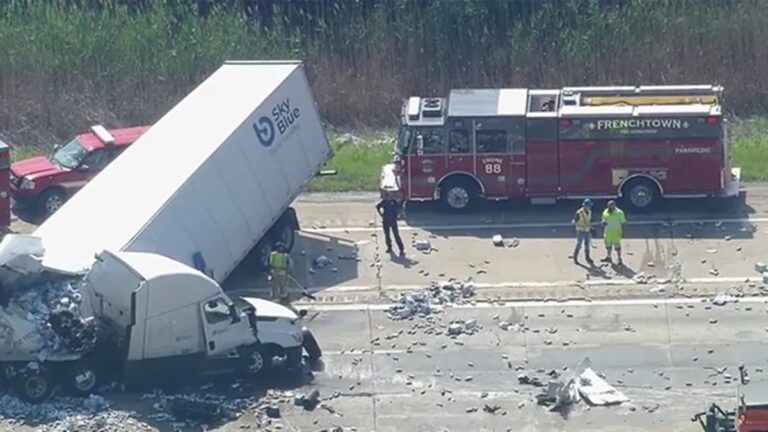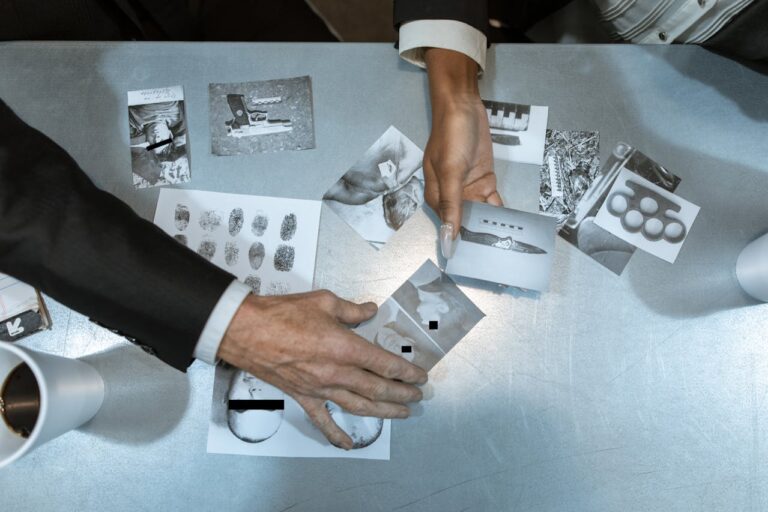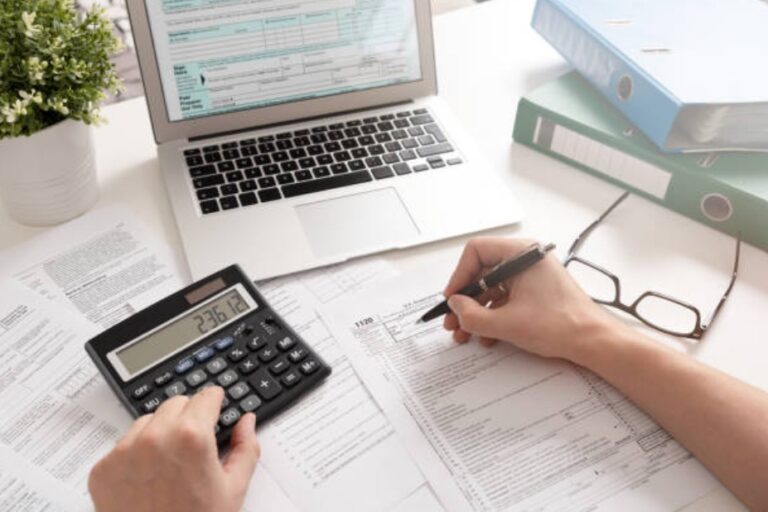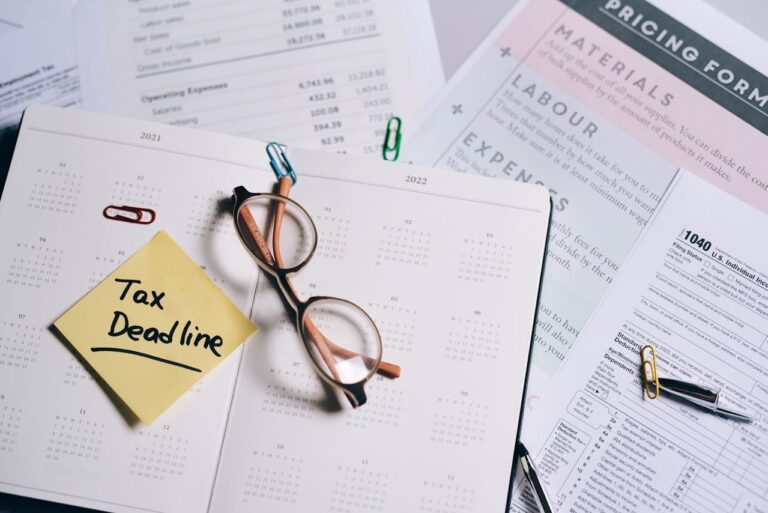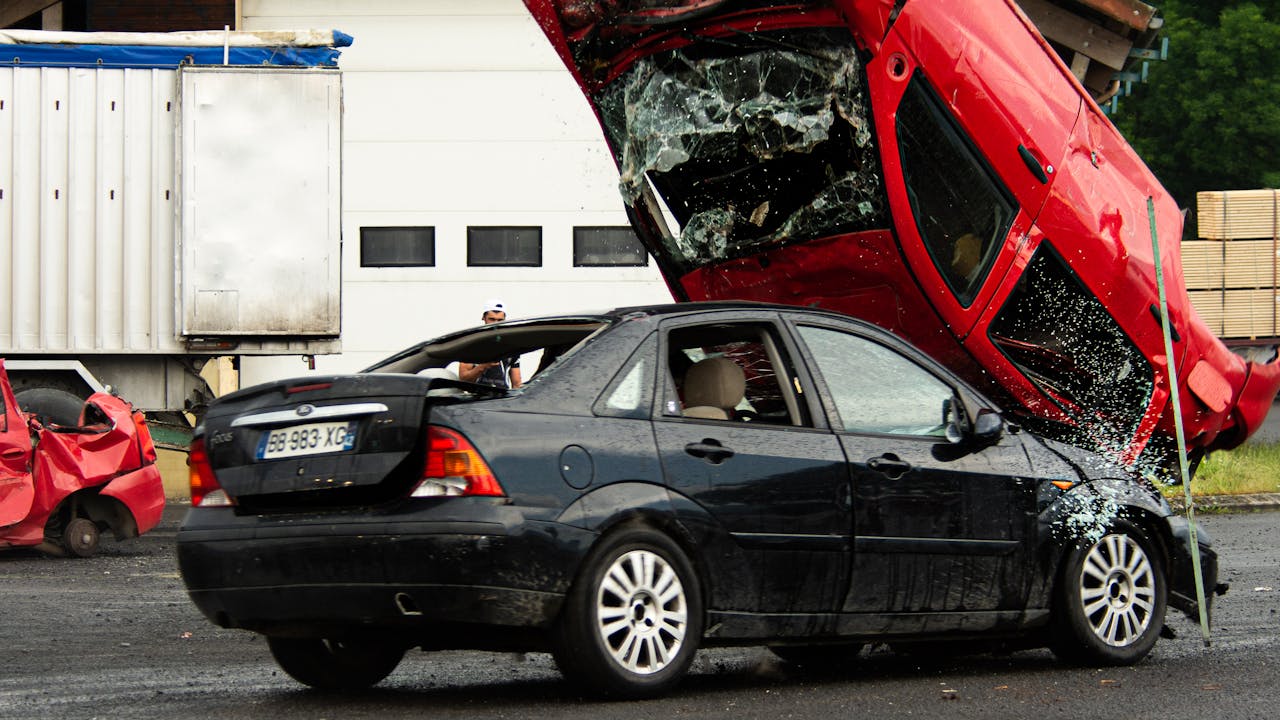
Getting arrested for DWI throws most people into a state of panic and confusion. Between the embarrassment, fear about consequences, and shock of being handcuffed and taken to jail, clear thinking goes out the window. That’s exactly when people make the biggest mistakes—decisions in those first hours and days after arrest that can wreck their case before a lawyer even gets involved. Some of these errors are obvious, but others seem harmless at the time and only reveal themselves as problems later when it’s too late to fix them.
Talking Too Much to Police
The Miranda warning tells people they have the right to remain silent, but most don’t actually stay quiet. After being arrested, people try to talk their way out of the situation or explain what happened, thinking that being cooperative will help. It almost never does.
Anything said to police after arrest goes into reports and can be used in court. Officers are trained to ask questions in ways that get people to make admissions or say things that sound bad in front of a jury. Someone might say “I only had two beers” thinking that sounds reasonable, not realizing they just admitted to drinking before driving. Or they explain they were coming from a friend’s house where everyone was drinking, giving prosecutors evidence about being at a location where alcohol was consumed.
Even seemingly innocent statements create problems. Saying “I didn’t think I was that drunk” is an admission of being intoxicated. Apologizing or saying “I’m so sorry” can be twisted into an acknowledgment of wrongdoing. Police aren’t having friendly conversations—they’re building cases, and every word gets documented and analyzed for how it can support a conviction.
The right move is to politely decline to answer questions beyond providing basic identification information. This isn’t rude or suspicious—it’s exercising constitutional rights. Anything that needs to be said can be said later with an attorney present who can advise about what helps versus what hurts the case.
Missing the ALR Hearing Deadline
Here’s a critical mistake that catches people completely off guard: Texas has a separate administrative process for license suspension that’s independent from the criminal case. When someone gets arrested for DWI, they have exactly 15 days from the arrest date to request an Administrative License Revocation (ALR) hearing. Miss that deadline, and the license gets automatically suspended—no exceptions, no extensions.
Most people don’t know about this deadline because it’s not clearly explained at arrest. They get released from jail, go home, and figure they’ll deal with everything after they hire a lawyer or get a court date. By the time they realize the ALR hearing exists, the 15-day window has closed and their license is gone.
The ALR hearing is actually a valuable opportunity. It’s a chance to challenge the suspension, cross-examine the arresting officer, and get a preview of how the officer testifies—all before the criminal trial. Even if the hearing doesn’t result in keeping the license, the information gained helps the criminal defense. But if no hearing is requested, all these benefits are lost along with driving privileges.
Anyone arrested for DWI should request the ALR hearing immediately, ideally within the first few days. Securing DWI defense representation quickly ensures that this deadline doesn’t get missed and that someone experienced is handling both the administrative and criminal aspects of the case from the start.
Posting on Social Media
Social media posts after a DWI arrest have destroyed countless defenses. People post things thinking only friends will see them, not understanding that prosecutors routinely check social media accounts of defendants and screenshots can be admitted as evidence.
The most obvious mistake is posting anything about drinking, parties, or being out at bars after the arrest. Prosecutors use these posts to argue the defendant hasn’t learned anything and doesn’t take the charges seriously. Photos holding drinks, even at events weeks after the arrest, can be shown to juries as evidence of continued alcohol problems.
But even posts that seem unrelated cause issues. Checking in at locations, posting about travel plans, or sharing photos that contradict claims made in the case can all become problems. Someone who claims financial hardship but posts vacation photos undermines their credibility. Someone who says they’re taking the charges seriously but posts joking references to drinking or arrests looks irresponsible.
The safest approach is to stop posting on social media entirely after a DWI arrest, at least until the case resolves. Every post is potential evidence, and there’s no way to know what might get used against someone later. Even posts from before the arrest sometimes get scrutinized for patterns of behavior or statements that contradict the defense strategy.
Driving on a Suspended License
After a DWI arrest, driving privileges often get suspended either through the ALR process or by court order. Some people decide to drive anyway—maybe just to work, or just occasionally, figuring they’ll be careful and won’t get caught. Getting caught driving on a suspended license adds a whole new criminal charge and makes everything worse.
Driving while license suspended (DWLS) is a Class C misdemeanor for a first offense, but it shows judges and prosecutors that the defendant isn’t taking their DWI seriously. It suggests they don’t respect court orders or legal consequences. This attitude makes plea negotiations harder and can result in harsher sentences because judges view the defendant as someone who won’t comply with probation conditions.
If driving is absolutely necessary for work or family obligations, there are sometimes options—occupational licenses that allow limited driving for specific purposes. But these require going through the proper legal channels and getting court approval. Just deciding to drive anyway is never the answer and almost always makes the situation worse.
Ignoring Court Dates and Deadlines
DWI cases involve multiple court appearances and deadlines. Missing any of them creates serious problems. The most immediate consequence is a warrant for arrest—miss a court date and a bench warrant gets issued. The next time that person has any contact with police, even for something minor, they get arrested on the warrant.
Beyond warrants, missing court dates makes defendants look irresponsible and uncooperative, which hurts their credibility. Judges are less likely to grant favorable terms to someone who already hasn’t shown up as ordered. Prosecutors use missed appearances as evidence that the defendant should face stricter conditions because they can’t be trusted to follow rules.
Some people miss court dates because they don’t understand how important they are or they’re embarrassed and avoid dealing with the case. Others simply forget or get dates confused. Having an attorney helps because they track all the deadlines and court dates and make sure nothing gets missed.
Failing to Document Everything
Right after a DWI arrest, many details that could help the defense are fresh and available. Time makes them fade or disappear entirely. People forget to document things that seemed obvious at the moment but become important later when memories have dimmed.
Witnesses who were present might have valuable information, but if their names and contact information aren’t collected immediately, finding them months later becomes impossible. Photos of the area where the stop occurred, the condition of the vehicle, or anything else relevant need to be taken quickly before conditions change.
Medical conditions, medications, or recent illnesses that might affect field sobriety tests or breath test results should be documented with medical records. Waiting to gather this information means records might not be available anymore or memories of relevant details fade.
The arrest itself raises questions that are easier to answer immediately—What was the weather? What time did the stop occur? Who else was in the car? What exactly did the officer say? Writing these details down while they’re fresh preserves information that helps attorneys build defenses later.
Not Hiring an Attorney Quickly Enough
The single biggest mistake is waiting too long to hire an attorney. People sometimes think they should wait to see what happens, or they try to handle things themselves initially to save money, or they’re embarrassed and avoid dealing with it. Every day that passes without legal representation is a day when mistakes can happen and opportunities can be lost.
Attorneys can request the ALR hearing, start investigating immediately while evidence is fresh, begin negotiating with prosecutors before positions harden, and prevent clients from making statements or decisions that hurt their case. The earlier an attorney gets involved, the more options exist and the better the chances of a favourable outcome.
Also Read: What to Expect When Working with an Attorney?
Moving Forward After Mistakes
Even people who make these mistakes after a DWI arrest can still fight their case, but they’ve made their attorney’s job harder and possibly limited the possible outcomes. The best approach is recognizing that the hours and days after an arrest are critical. Every decision matters. Every deadline counts. Every word said to police or posted online could become evidence.
Understanding these common mistakes helps people avoid them. A DWI arrest is stressful and scary, but panicking and making rushed decisions only makes things worse. Taking the time to understand rights, obligations, and deadlines—and getting legal help immediately—gives people the best chance of protecting themselves and their future.


